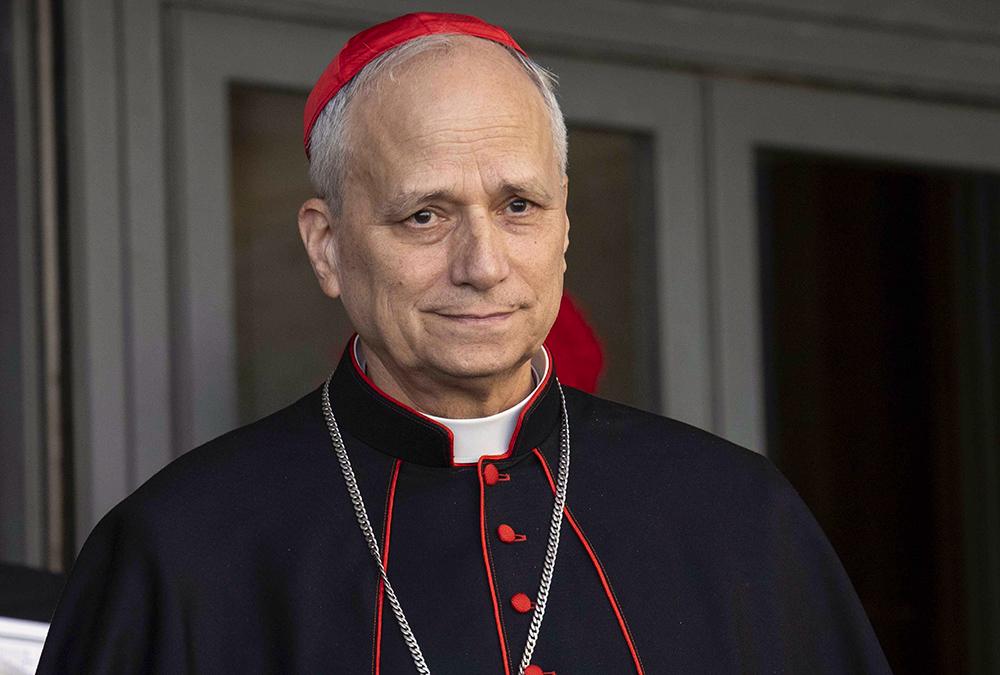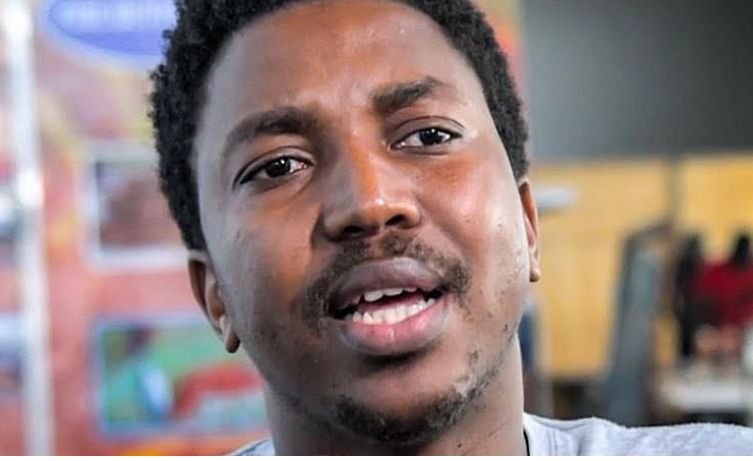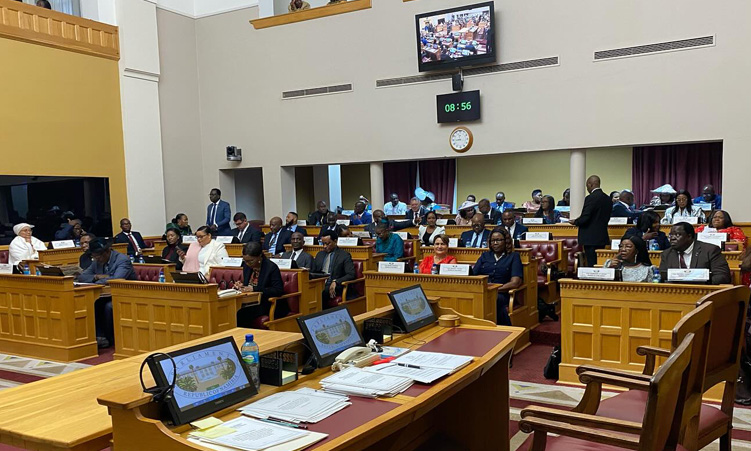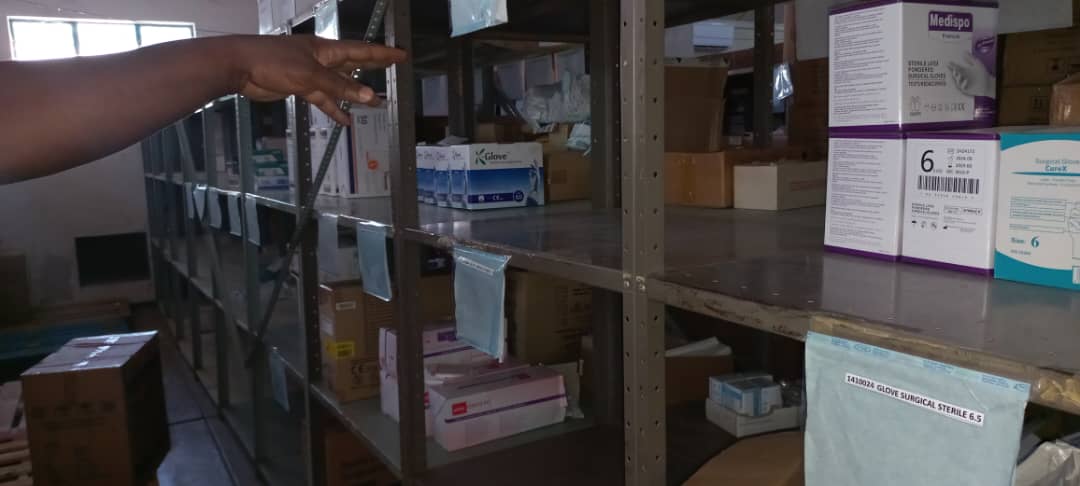LONDON – Britain wants to extradite a former KGB agent from Russia and charge him with murdering exiled Russian dissident Alexander Litvinenko using radioactive polonium, prosecutors said yesterday.
The move triggered instant diplomatic repercussions, as Britain summoned the Russian ambassador and told him it expected full cooperation over the case, but a Moscow judicial source ruled out handing over the suspect, Andrei Lugovoy. “Russia should comply with our legal request,” Prime Minister Tony Blair’s official spokesman said.He stressed that while Britain had important political and economic ties with Russia: “This doesn’t in any way obviate the need for the international rule of law to be respected and we will not in any way shy away from trying to ensure that happens in a case such as this.”A source at the Russian prosecutor-general’s office told RIA Novosti news agency: “Under the constitution of the Russian Federation, Russian citizens cannot be handed over to foreign countries for prosecution and Lugovoy appears to be a Russian citizen.”The murkiest case of murder and espionage since the Cold War has already strained relations between the two countries, and the extradition move looked set to aggravate tensions further.”I have today concluded that the evidence sent to us by the police is sufficient to charge Andrei Lugovoy with the murder of Alexander Litvinenko by deliberate poisoning,” said Ken Macdonald, head of the Crown Prosecution Service (CPS).Litvinenko, a former KGB agent who had become a fierce Kremlin critic in exile, met Lugovoy and another Russian businessman, Dmitry Kovtun, at the Pine Bar of London’s Millennium Hotel on Nov.1 last year.Within hours, he had fallen seriously ill.He suffered an agonising death over the next three weeks as his organs gradually failed.Litvinenko died in a London hospital on November 23 and doctors diagnosed polonium poisoning.Nampa-Reuters”Russia should comply with our legal request,” Prime Minister Tony Blair’s official spokesman said.He stressed that while Britain had important political and economic ties with Russia: “This doesn’t in any way obviate the need for the international rule of law to be respected and we will not in any way shy away from trying to ensure that happens in a case such as this.”A source at the Russian prosecutor-general’s office told RIA Novosti news agency: “Under the constitution of the Russian Federation, Russian citizens cannot be handed over to foreign countries for prosecution and Lugovoy appears to be a Russian citizen.”The murkiest case of murder and espionage since the Cold War has already strained relations between the two countries, and the extradition move looked set to aggravate tensions further.”I have today concluded that the evidence sent to us by the police is sufficient to charge Andrei Lugovoy with the murder of Alexander Litvinenko by deliberate poisoning,” said Ken Macdonald, head of the Crown Prosecution Service (CPS).Litvinenko, a former KGB agent who had become a fierce Kremlin critic in exile, met Lugovoy and another Russian businessman, Dmitry Kovtun, at the Pine Bar of London’s Millennium Hotel on Nov.1 last year.Within hours, he had fallen seriously ill.He suffered an agonising death over the next three weeks as his organs gradually failed.Litvinenko died in a London hospital on November 23 and doctors diagnosed polonium poisoning.Nampa-Reuters
Stay informed with The Namibian – your source for credible journalism. Get in-depth reporting and opinions for
only N$85 a month. Invest in journalism, invest in democracy –
Subscribe Now!










